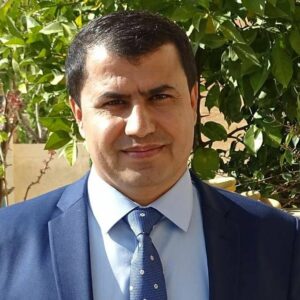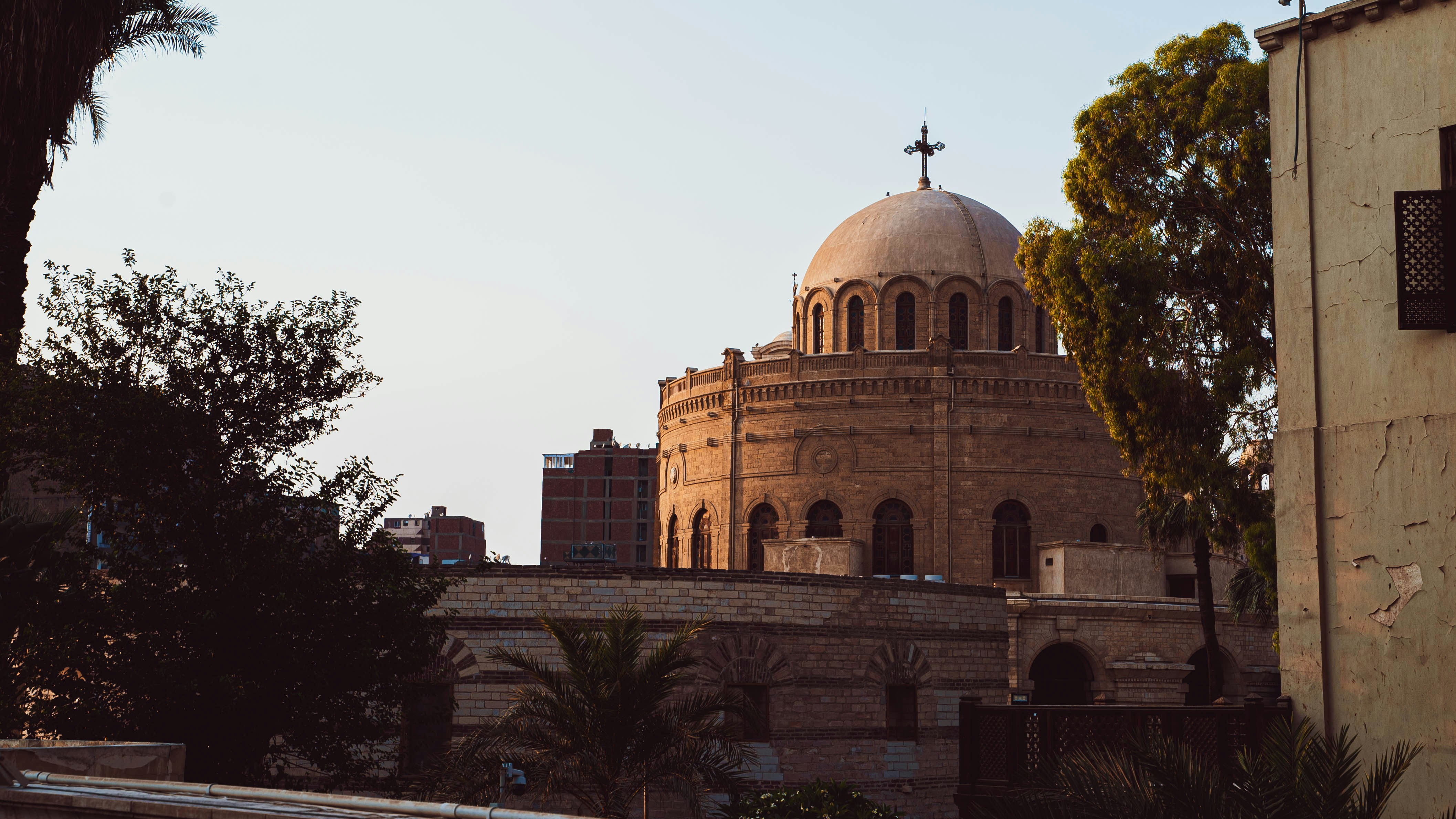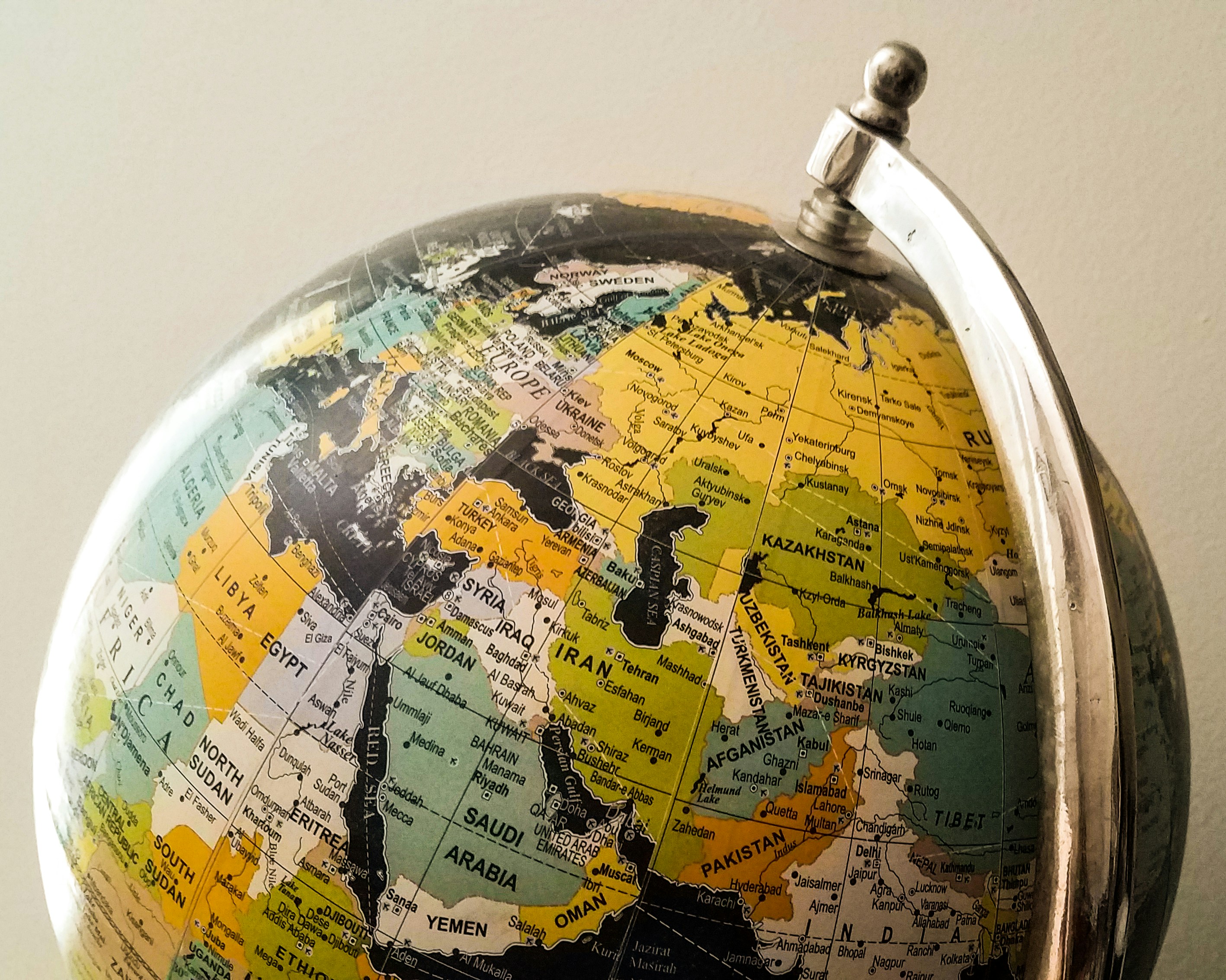
Over the past decade, international efforts to promote religious freedom have gained significant momentum, particularly in regions marked by religious persecution and discrimination. The Middle East and North Africa (MENA) region, with its intricate religious, cultural, and political dynamics, has become a focal point for many international initiatives aimed at fostering religious tolerance and protecting religious minorities.
Notable initiatives include high-profile platforms such as The International Religious Freedom or Belief Alliance (IRFBA) is working to unite governments from over 40 countries in a collective effort to promote freedom of religion or belief (FoRB). However, it is notable that none of these countries are from the Middle East and North Africa (MENA) region, which presents significant challenges given the region’s complex religious and political landscape. In parallel, the IRF Secretariat is focusing on uniting civil society leaders to amplify advocacy efforts and develop grassroots initiatives aimed at combating religious persecution. This dual approach engaging both government officials and civil society is crucial for fostering a comprehensive strategy to protect vulnerable religious communities.
Additionally, the International Religious Freedom (IRF) Summit brings together advocates to design effective policy measures, while the Human Fraternity Initiative and the Abu Dhabi Forum for Peace advance interfaith understanding through landmark dialogues and cooperative agreements among faith leaders.
While these initiatives have raised global awareness and influenced policies, their impact on the ground across the MENA region remains limited. This gap between international platforms and local realities highlights a critical need to reexamine these efforts. However, despite their shortcomings, these forums are still highly relevant for translating high-level commitments into meaningful local actions.
Global Efforts vs Local Realities
International platforms like the IRFBA and the Marrakesh Declaration (2016) have highlighted the global importance of FoRB, uniting countries to combat religious persecution and promote tolerance. The Marrakesh Declaration was lauded for invoking Islamic principles to advocate for the protection of religious minorities in Muslim-majority countries. However, while these initiatives have garnered widespread international praise, their impact within the MENA region has been uneven.
Countries such as Iraq, Egypt, and Saudi Arabia continue to face challenges related to religious intolerance, discrimination, and violence against religious minorities. In Iraq, for instance, despite constitutional protections, religious minorities like Christians, Bahais, and Yazidis continue to endure persecution. The discrepancy between international frameworks and local enforcement stems from various factors, including governance issues, political instability, and deeply entrenched social attitudes.
One of the main obstacles to advancing religious freedom in the MENA region is the gap between broad international principles and the unique socio-political realities of individual countries. International frameworks often promote universal values of religious freedom, but these principles are not easily implemented in environments where religious identity is intertwined with national identity, politics, and historical grievances.
For example, while the Marrakesh Declaration was a milestone in advocating for minority rights, its influence has been limited in countries like Iraq, where historical and ongoing religious-ethnic conflicts complicate efforts for reform. Local governance structures may lack the capacity, resources, or political will to enforce religious freedom protections in such contexts. Resistance from both governments and societies further complicates implementation. In countries like Saudi Arabia, where conservative religious elites hold significant influence, governments may view international pressure to promote FoRB as a threat to their domestic authority. Additionally, societal resistance rooted in long-standing cultural and religious norms can hinder progress. In Egypt, for example, despite government attempts to protect religious minorities, societal prejudices have fueled ongoing discrimination and violence, particularly against Coptic Christians.
Bridging the Gap
A more nuanced approach is required to address the disconnect between international initiatives and local realities, emphasizing collaboration with local actors and adapting global frameworks to specific country contexts. Several key strategies can help bridge this gap:
- Tailoring Initiatives to Local Contexts: Global efforts must be flexible and adapted to each MENA country’s distinct social, political, and cultural realities. Solutions should consider historical grievances, national identity, and the specific challenges facing religious minorities in each context. For example, addressing the grievances of Iraq’s Yazidi community requires a strategy that acknowledges their experiences of conflict and displacement.
- Strengthening Local Civil Society and Grassroots Movements: Local civil society organizations and religious leaders are pivotal in advancing FoRB. International actors should empower these groups with the tools, knowledge, and platforms to effectively engage with their communities and governments. In Tunisia, for example, civil society has been instrumental in promoting human rights reforms, including religious freedom. When given the necessary support, such local movements can act as catalysts for change.
- Enhancing the Role of Higher Education and Academia: Academic institutions can significantly contribute to advancing religious freedom by fostering dialogue, conducting research, and educating future leaders about the importance of tolerance and coexistence. Universities and research centers can serve as platforms for interdisciplinary studies that address the historical, cultural, and socio-political dimensions of religious freedom in the MENA region. Collaborative programs between local universities and international institutions can enhance capacity building and create networks of scholars dedicated to promoting FoRB. Furthermore, involving students in initiatives that encourage interfaith dialogue can foster a new generation of advocates for religious tolerance.
- Promoting Government Accountability and Legal Reform: While many MENA countries have signed international declarations advocating for religious freedom, there has often been a significant gap between these commitments and their implementation. Governments need to be held accountable for their obligations under international law. Legal reforms that protect religious minorities must be enforced consistently and fairly, with mechanisms in place to ensure that violations are addressed.
- Integrating FoRB into Broader Development and Peacebuilding Efforts: Religious freedom should not be viewed in isolation but as part of wider efforts to promote peace, social cohesion, and national development. International initiatives will have more traction if they are linked to broader objectives that resonate with local populations, such as national reconciliation, post-conflict recovery, and economic development. This approach can foster buy-in from local stakeholders and encourage long-term commitment to religious freedom.
International efforts to promote religious freedom in the MENA region have laid important foundations, but the disconnect between global commitments and local realities remains a significant challenge. Bridging this gap requires a tailored, collaborative approach that integrates the voices of local actors, adapts to regional complexities, and aligns FoRB with broader peace and development goals. By focusing on context-specific solutions, strengthening grassroots movements, and leveraging the academic community, the international community can make meaningful strides toward advancing religious freedom and ensuring the protection of religious minorities in the MENA region.
Salah Ali is General Coordinator of the Iraq Religious Freedom and Anti-discrimination Roundtable, and a Fellow with the Religious Freedom Institute. He has extensive experience in projects of peacebuilding, social cohesion, and protection. He holds a BA in International Studies (The Open University UK), a MA in Peace and Development Studies (Leeds Beckett University), a certificate in politics (University of Oxford) and a PhD in Politics and International Relations from Leeds Beckett University.
THE RFI BLOG

RFI Submits Report on Landscape of Religious Freedom in America to Religious Liberty Commission

It’s Time to Restore American Leadership on International Religious Freedom

It Is Time for Decisive Action to Combat Global Persecution of Christians

Religious Freedom is at a Crossroads in U.S. Foreign Policy

U.S. Must Address Nigeria’s Christian Persecution
CORNERSTONE FORUM

Reaffirming Religious Freedom: Bridging U.S. Advocacy and Iraq’s Constitutional Framework

Political Polarization, Same-Sex Marriage and Religious Liberty

Bridging the Gap Between International Efforts and Local Realities: Advancing Religious Freedom in the MENA Region

Challenges to Religious Freedom in Iraq and the Critical Need for Action

